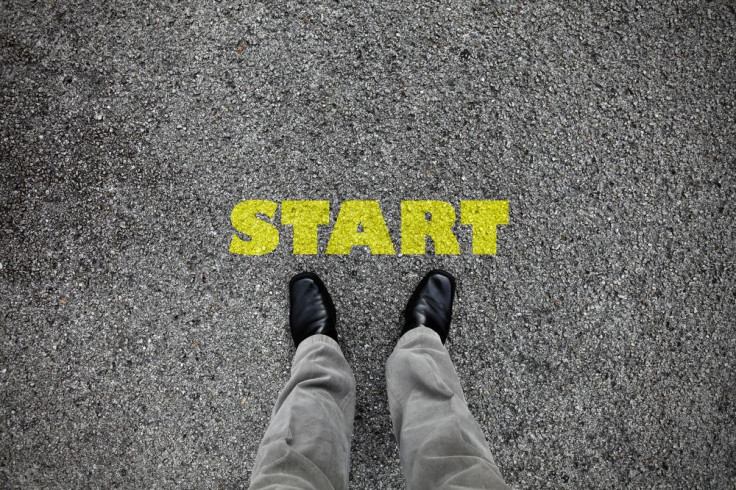Accomplishing Goals As Planned, And Taking Time With Them, Makes Us Happier

We don’t have to get into all that stuff about journeys and destinations, and which one matters, to know that both bring us varying degrees of happiness. Whether it’s getting to California on a cross-country road trip or getting accepted into a college, those varying degrees of happiness are really determined by how we envision our journey and its completion, a new study finds.
Consider for a second the way in which you plan out your goals. If you’re looking for a new job, the “script,” as the researchers called it, should go as follows: You get an email back, you get a phone interview, you get an in-person interview (or two), and then you get a call or email back about how you got the job — usually after some time has passed. But what if you found out after the phone interview that you were likely to get the job? Sure, you’d be happy, but would you be just as happy as if you waited a little longer to get the official good news? There’s a chance you wouldn’t, according to the University of Chicago researchers.
It really all comes down to how we are most happy when our expectations are met. The researchers found that participants were the happiest when accomplishing their goals went as planned. Accomplishing them early not only left them feeling less happy, it also led them to develop feelings that the accomplishment wasn’t as valuable. Their emotional responses were dampened by early information, and therefore, when they finally achieved their goals with the outcome in mind, they weren’t as happy.
“When people learn that a goal will be achieved before it actually is, they often try to suppress the positive emotion in order to feel it at the ‘right time,’” said study author Ayelet Fishbach, professor of behavioral science and marketing at the university, in a press release. “The result is that people don’t feel as happy when they get the news — because it’s not the right time — as well as when the goal is officially achieved — because by then it’s no longer ‘news.’”
The researchers discovered this effect after four experiments. During one of them, undergraduate students were given the opportunity to become interns. They were interviewed, and a short while later, some were sent an “unofficial hiring decision” note on their computers, which said that their application had been accepted, as opposed to being rejected. Soon after that, they were given acceptance letters along with participants who didn’t get the computer message. Proving their “emotional scripts” theory, the researchers found that students who got the computer message weren’t as happy as those who got only the official letter.
In another one of the experiments, participants had to play the rock-paper-scissors game for a prize. They were split into two groups, with one group being told that even if they won two out of three games, they’d have to play the third, while the other group wasn’t told anything, but was given the prize after winning two games. Again, those who knew they would win but still had to play the third game weren’t as happy about winning as those who found out they had won after their first two games.
While the research doesn’t necessarily prove that the journey is worth it, it does show that waiting for whatever it is you have planned will eventually make you happier — a hopeful message to any recent graduates or young professionals who hope to have successful careers. The researchers did also acknowledge that, when attaining a goal is stressful, or when attaining low probability goals such as the lottery, getting them accomplished faster may bring more happiness.
Source: Klein N, Fishbach A. Feeling good at the right time: Why people value predictability in goal attainment. Journal of Experimental Social Psychology. 2014.



























